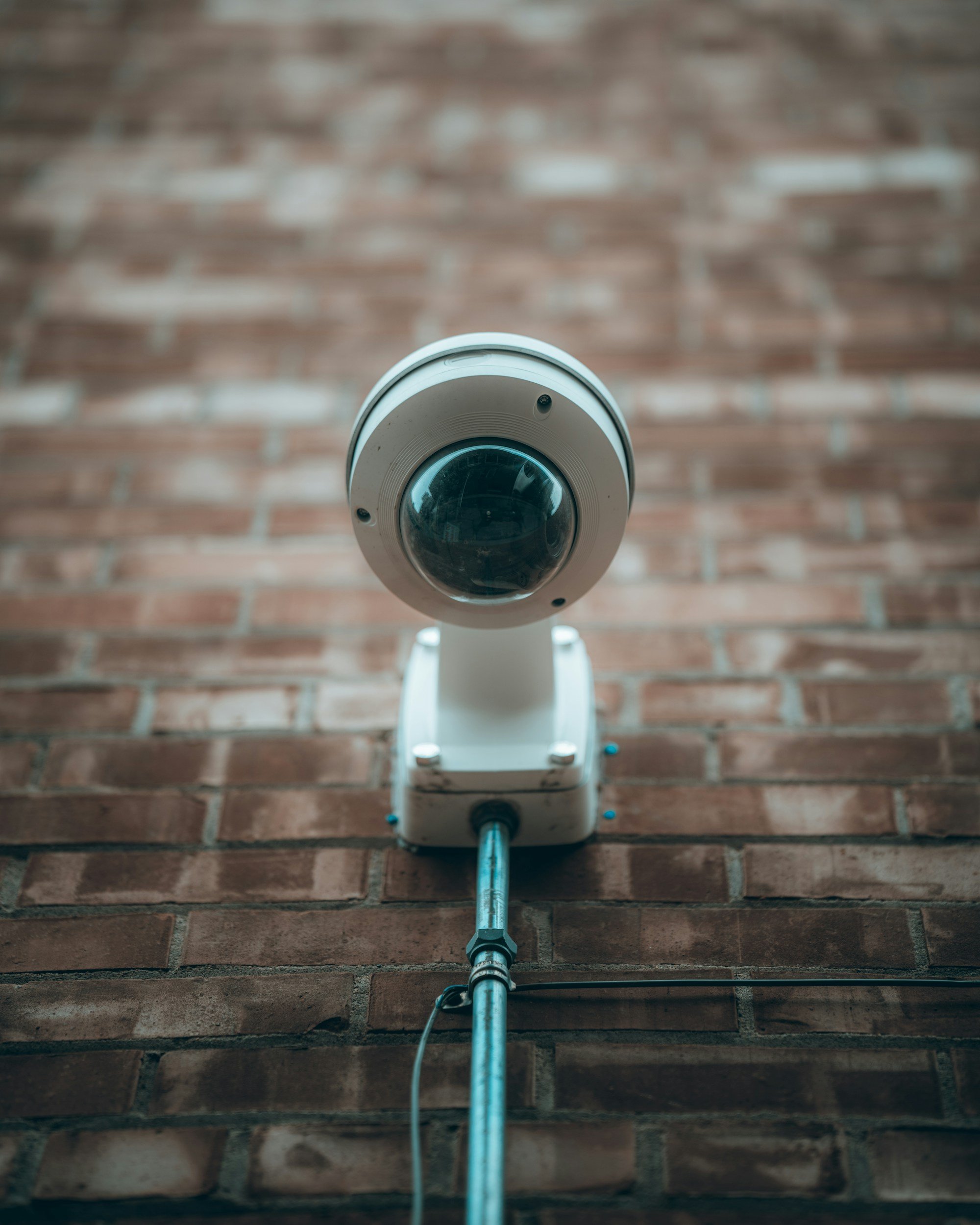How to Choose Between Different Types of CCTV Cameras for Installation
Choosing the right type of CCTV camera for your property can be challenging due to the variety of available options. With a wide array of camera types designed for different security needs, carefully considering the features most suited to your environment is important. We will explore the various types of cctv cameras in Adelaide, their distinct characteristics, and the factors to consider when making the best choice for your security system. Whether you're protecting a home, office, or industrial area, understanding these factors can help ensure your CCTV system provides the most effective surveillance solution.
Understanding Different Types of CCTV Cameras
There are several types of CCTV cameras, each serving different purposes. The most common types include dome, bullet, PTZ (pan-tilt-zoom), and covert cameras. Dome cameras are typically installed on ceilings and offer a discreet look, making them ideal for areas where aesthetic considerations are important. On the other hand, bullet cameras are more visible and designed for long-range surveillance, making them suitable for outdoor settings or large areas needing wide coverage. PTZ cameras can remotely control the camera's direction and zoom, making them useful for monitoring large spaces or tracking moving subjects. Covert cameras are hidden within everyday objects, such as smoke detectors or air purifiers, and are used for surveillance where discretion is needed. Understanding the differences in camera types and their specific uses will help you narrow down the options that best match your security requirements.
Consider the Installation Environment
When selecting a CCTV camera, one of the most important factors is the environment where the camera will be installed. Outdoor environments require weatherproof, durable cameras capable of capturing high-quality footage in various lighting conditions. Bullet cameras are often preferred for outdoor use due to their visibility and ability to cover large areas. For indoor spaces, the choice of camera largely depends on the size of the area and the level of security required. Dome cameras work well indoors as they provide a wider view and are less obtrusive. If you install cameras in high-traffic areas, PTZ cameras may be ideal because they can cover a wider area and adjust to changing conditions. The lighting conditions of the installation area also play a role; cameras with infrared capabilities can capture clear images in low-light environments, making them essential for night-time surveillance.
Evaluating the Camera’s Resolution and Image Quality
A CCTV camera's resolution and image quality are critical when selecting. High-resolution cameras provide sharper images, which are crucial for identifying faces, license plates, or other details. Cameras typically come in various resolution options, including standard definition (SD), high definition (HD), and ultra-high definition (UHD). HD and UHD cameras offer significantly better clarity, which can be important in environments that require detailed monitoring. It’s also important to consider the camera's frame rate, as higher frame rates result in smoother video footage. A higher frame rate is recommended for areas with a lot of movement or fast actions, such as entrances or parking lots. Suppose you don’t require highly detailed footage. In that case, SD cameras can still be viable and cost-effective, but investing in HD or UHD cameras is generally advisable for critical surveillance needs.
Wired vs. Wireless CCTV Cameras: What to Choose?
Another important factor to consider when choosing a CCTV camera is whether to opt for wired or wireless models. Wired CCTV cameras provide a stable and consistent connection, making them ideal for long-term installations where reliability is crucial. These cameras can be directly connected to a network or recording device, ensuring that footage is securely stored and transmitted. However, wiring can be a hassle to install, especially if the area is already built or the wiring needs to be concealed. Wireless CCTV cameras, on the other hand, offer more flexibility in installation and can be easily placed in areas where running cables would be difficult or unsightly. Wireless cameras use Wi-Fi or Bluetooth technology to connect to your network. While they are easier to install, they can sometimes face interference or signal loss issues, particularly if the installation area has weak Wi-Fi coverage. Choosing between wired and wireless cameras ultimately depends on the layout of your space and your preference for installation complexity versus flexibility.
Camera Features and Additional Considerations
In addition to basic features like resolution and connectivity, other factors may influence your decision. Motion detection is one such feature that allows the camera to record only when motion is detected, helping conserve storage space and battery life. Some cameras also offer advanced features such as facial or license plate recognition, which can be particularly useful for commercial or high-security areas. Audio recording can also be beneficial, providing video and sound to capture a more comprehensive picture of events. Another feature to consider is cloud storage, which allows you to store footage remotely, making accessing recordings from any device easier. Some CCTV cameras have mobile app compatibility, allowing you to monitor footage from your smartphone or tablet in real-time. By evaluating the additional features of each camera type, you can tailor your choice to your specific security needs and gain better control over your surveillance system.
Selecting the right type of CCTV camera requires careful consideration of several factors, including the type of environment, resolution, connectivity options, and additional features. Each type of camera has strengths and weaknesses, and what works for one property may not be suitable for another. By understanding the various camera types and evaluating your security needs and budget, you can make an informed decision that provides the best value and protection. Whether upgrading an existing security system or installing a new one, the right CCTV camera can significantly enhance your ability to monitor and protect your property effectively.






